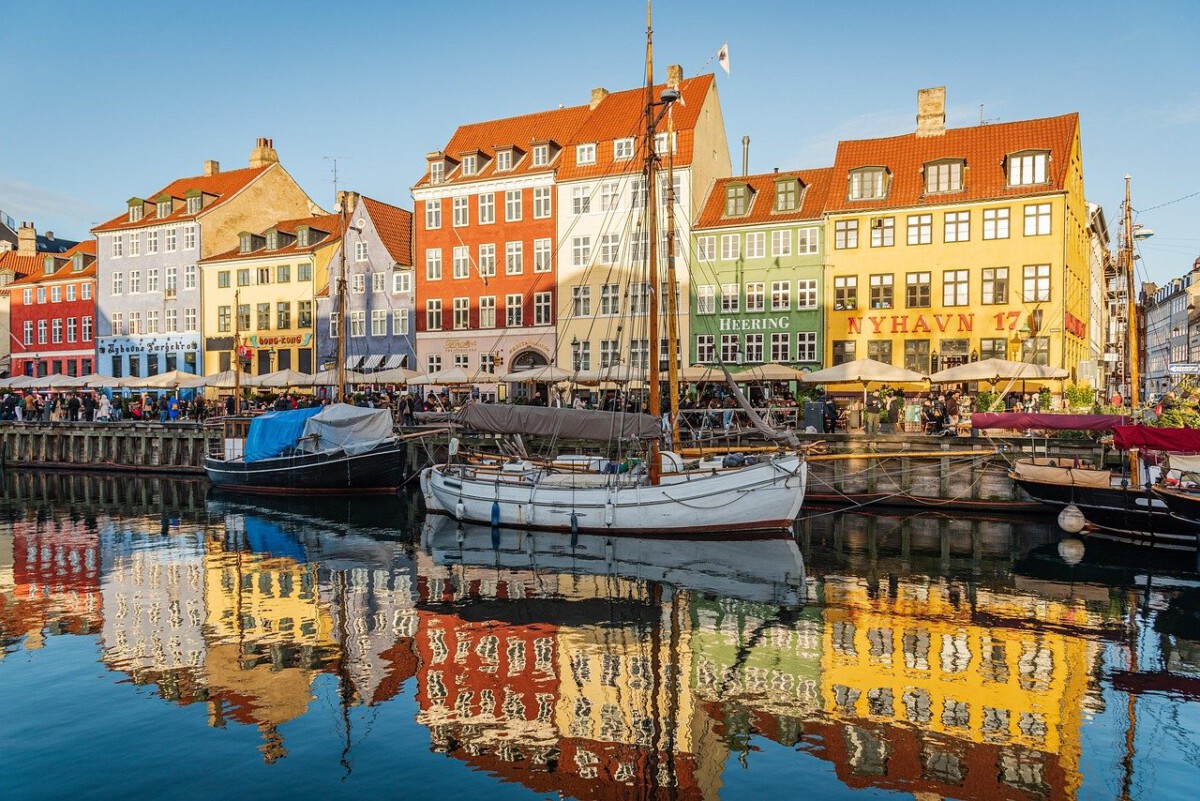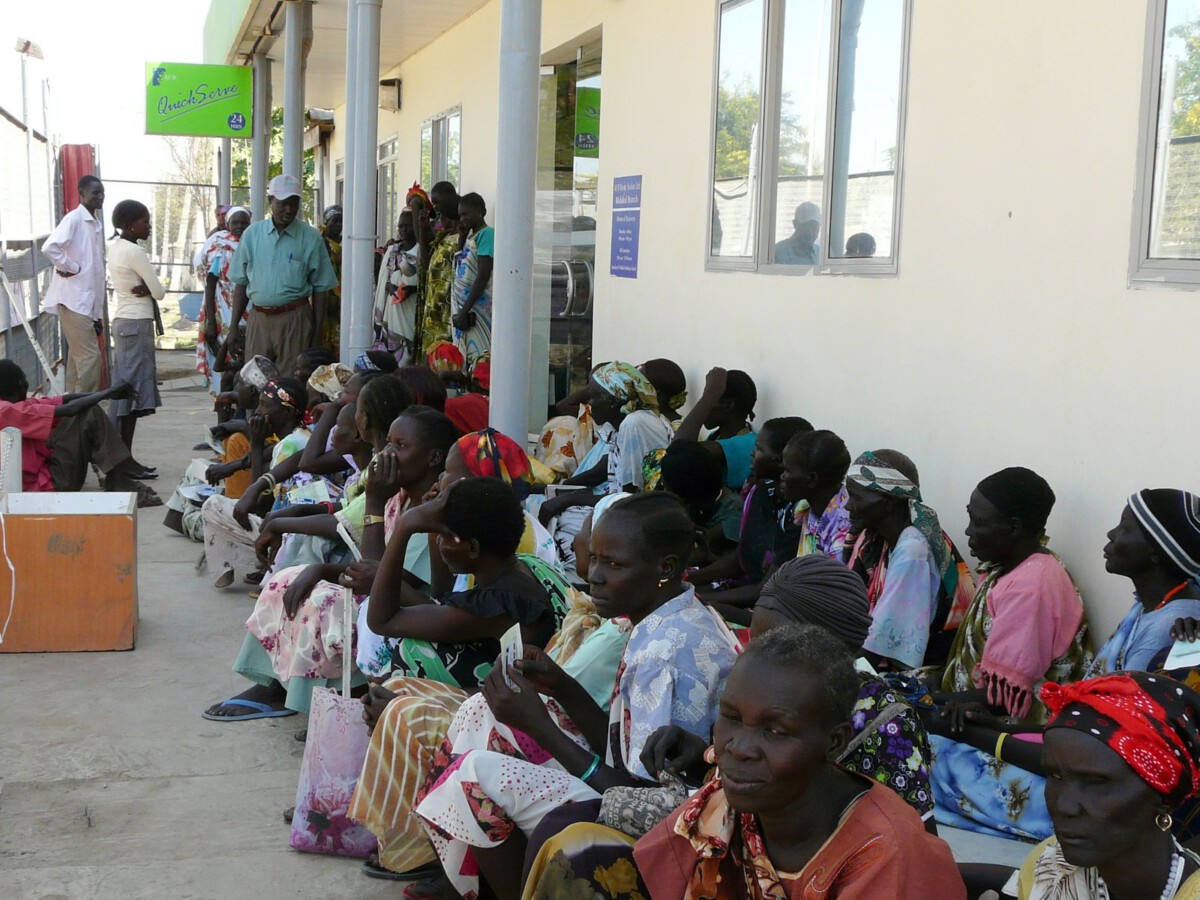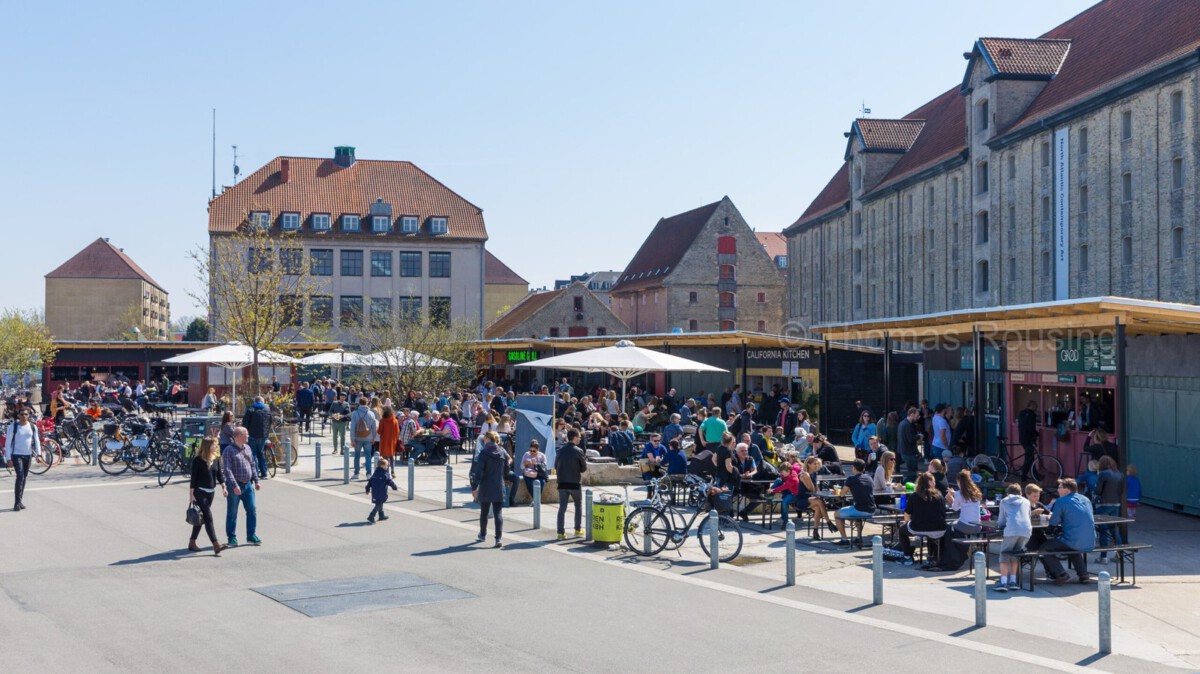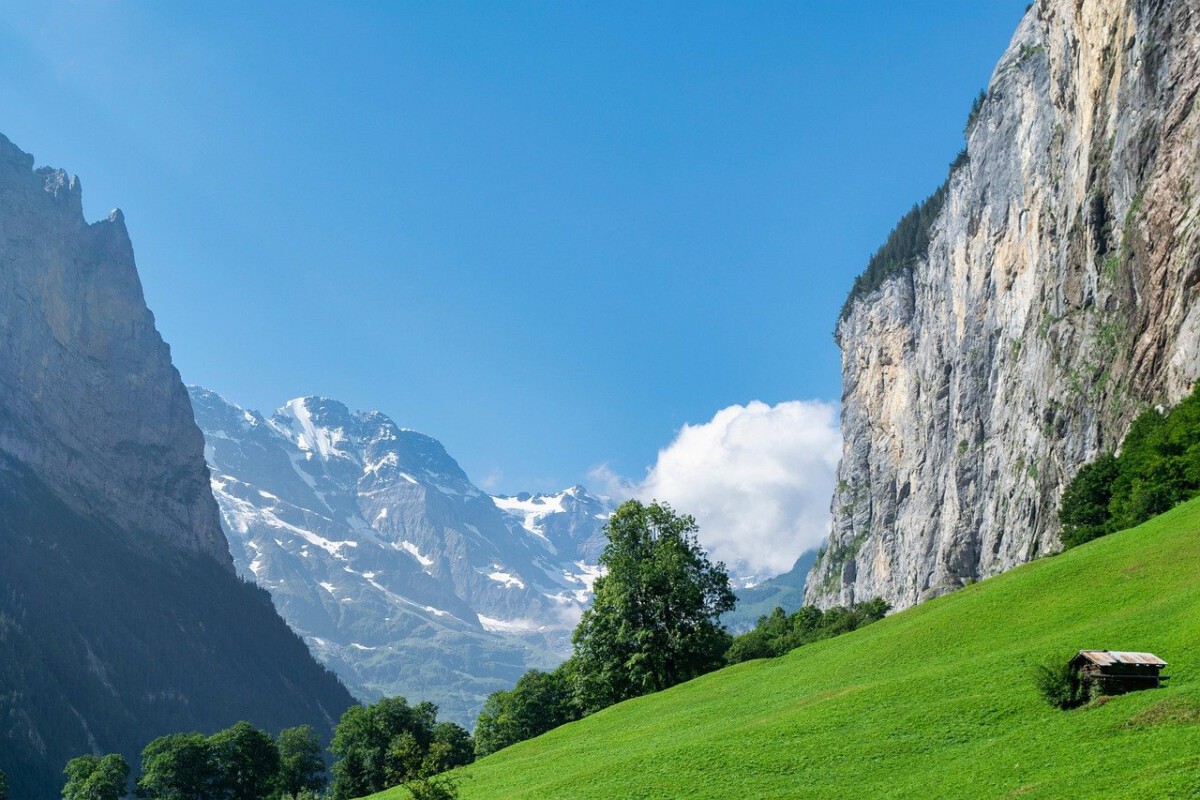Finland: The Pinnacle of Happiness

Finland tops the World Happiness Report 2024 for the seventh year in a row, a feat that continues to surprise many. The Finnish government’s commitment to public welfare is extraordinary, with universal healthcare, free education, and a robust social safety net forming the backbone of daily life. In 2023, Finland’s GDP per capita reached approximately $55,000, a strong indicator of its economic stability. Residents in Finland benefit from generous parental leave, a minimum of five weeks of vacation, and policies designed to support work-life balance. The country’s school system, frequently ranked among the world’s best, ensures that children grow up with equal opportunities. The Finnish passion for nature is reflected in their access to over 180,000 lakes and vast forests, offering a tranquil escape from city life. Recent surveys show that more than 90% of Finns trust their government, an astonishing figure by global standards.
Denmark: A Model of Welfare and Contentment

Denmark remains a global example of contentment, ranking second in the 2024 report, largely due to its comprehensive welfare system. Danish citizens enjoy free healthcare, tuition-free university education, and unemployment insurance that cushions the impact of economic downturns. The Danish “hygge” lifestyle—focusing on coziness and communal well-being—has become a cultural export celebrated worldwide. As of 2023, Denmark’s unemployment rate stood at just 4.2%, signaling stability and opportunity. The nation’s energy policy is also remarkable, with more than half its electricity coming from wind and other renewables, a fact that resonates with environmentally conscious residents. Social trust is exceptionally high, with 74% of Danes reporting trust in their neighbors, according to recent Eurobarometer data. Copenhagen’s cycling culture and accessible green spaces further enhance the daily experience for locals.
Switzerland: A Blend of Prosperity and Quality of Life

Switzerland consistently ranks among the happiest nations, coming in third in the 2024 World Happiness Report. The country’s economic might is clear in its estimated $83,000 GDP per capita for 2023, one of the world’s highest. Swiss cities like Zurich and Geneva offer world-class healthcare, efficient public transport, and a pristine environment. The political system, based on direct democracy, allows citizens to have a real say in national decisions, boosting a sense of agency. Community connections are strong, and the Swiss regularly top surveys measuring satisfaction with public services and personal safety. The Alps provide a playground for skiing, hiking, and relaxation, contributing to mental and physical well-being. Switzerland’s renowned neutrality and stability have made it a safe haven for residents and expatriates alike.
Iceland: A Small Nation with Big Happiness

Iceland’s position as the fourth happiest country in 2024 is remarkable for a nation of less than 400,000 people. The country’s unique geography offers its residents daily access to stunning waterfalls, geysers, and geothermal pools. Iceland’s unemployment rate dropped to just 2.8% in 2023, reflecting a resilient economy even amidst global uncertainty. The commitment to gender equality is notable, with women holding more than half the seats in parliament as of 2024. Renewable energy is another point of pride, with the country producing all its electricity from renewable sources, mainly geothermal and hydropower. Mental health is openly discussed, and locals benefit from free counseling and healthcare services. The close-knit community spirit and tradition of storytelling contribute to a sense of belonging and happiness.
Netherlands: A Happy and Tolerant Society

The Netherlands comes in fifth in the latest happiness rankings, driven by a culture of tolerance and a high standard of living. Dutch residents enjoy universal healthcare, free primary and secondary education, and a social safety net that supports those in need. The country’s GDP per capita reached around $58,000 in 2023, indicating strong economic health. Diversity is embraced, with Amsterdam recognized as one of Europe’s most multicultural cities. Dutch urban planning prioritizes cycling and public spaces, making daily life healthier and more sustainable. Ambitious climate goals, such as aiming for a 49% reduction in carbon emissions by 2030, are widely supported by the public. Flexible work arrangements and a culture that values leisure time ensure a healthy work-life balance.
Norway: Wealth and Well-Being

Norway continues to impress, ranking sixth in the 2024 World Happiness Report. Its wealth, stemming largely from oil and gas reserves, has been invested wisely in a sovereign wealth fund now valued at over $1.4 trillion. This ensures that Norwegians benefit from free healthcare, education, and generous pension plans. The country’s GDP per capita was approximately $76,000 in 2023, supporting a high standard of living. Norwegians also take full advantage of their dramatic natural landscapes, from fjords to mountains, which promotes physical activity and relaxation. Gender equality is a priority, with women well-represented in both government and the private sector. High levels of social trust and low crime rates help foster a strong sense of safety and belonging.
Sweden: A Leader in Social Welfare

Sweden’s seventh-place ranking in 2024 is supported by a robust welfare state and a progressive approach to social issues. The country’s GDP per capita reached about $60,000 in 2023, providing a solid foundation for public investment. Swedes benefit from universal healthcare, tuition-free education, and parental leave policies that rank among the most generous in the world. The government’s pledge to reach carbon neutrality by 2045 is widely celebrated and supported. Work-life balance is carefully protected by labor laws, with many Swedes enjoying six weeks of vacation annually. Social trust is high, and the country has a reputation for openness, innovation, and inclusivity. Green spaces and access to nature are integrated into urban living, supporting both mental and physical health.
New Zealand: A Land of Opportunity and Adventure

New Zealand rounds out the top eight, celebrated for its breathtaking landscapes and strong sense of community. The country’s GDP per capita hit around $50,000 in 2023, reflecting a diverse and resilient economy. Universal healthcare, a well-respected education system, and a responsive government contribute to New Zealanders’ well-being. The government’s focus on environmental sustainability is evident in nationwide efforts to restore native forests and reduce emissions. The “Kiwi” approach to life emphasizes friendliness, inclusion, and a laid-back attitude, making it easy for newcomers to feel at home. Outdoor pursuits like hiking, surfing, and cycling are part of the national identity. The country’s handling of recent crises, including the pandemic, has increased public trust in institutions.
Countries You Might Not Want to Visit: Afghanistan

Afghanistan remains at the bottom of the World Happiness Report 2024, with daily life marred by ongoing conflict and instability. The nation’s GDP per capita was just $500 in 2023, highlighting the severe economic challenges. Access to basic services such as healthcare, education, and clean water is extremely limited, especially in rural areas. Human rights abuses are widespread, with women and minorities facing systemic discrimination and violence. The security situation remains volatile, with frequent attacks and a lack of reliable governance. Many Afghans face food insecurity, with the UN reporting that nearly half the population needs humanitarian aid. Daily life is characterized by uncertainty, and prospects for improvement remain bleak.
Countries You Might Not Want to Visit: South Sudan

South Sudan is among the world’s least happy countries, burdened by civil conflict, poverty, and humanitarian crises. The GDP per capita was estimated at only $300 in 2023, underscoring the country’s extreme economic hardship. Political instability has led to widespread displacement, with millions living in refugee camps or facing internal displacement. Healthcare and education systems are virtually non-existent in many regions, and food shortages are a persistent threat. Violence remains a daily reality, with ongoing clashes between rival factions and ethnic groups. The UN reports high rates of malnutrition and preventable diseases among children. Infrastructure is severely underdeveloped, making access to basic needs a constant struggle.






